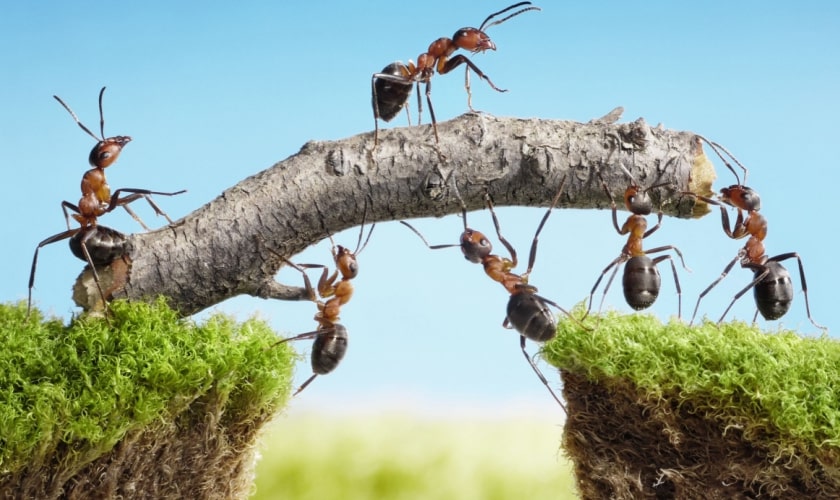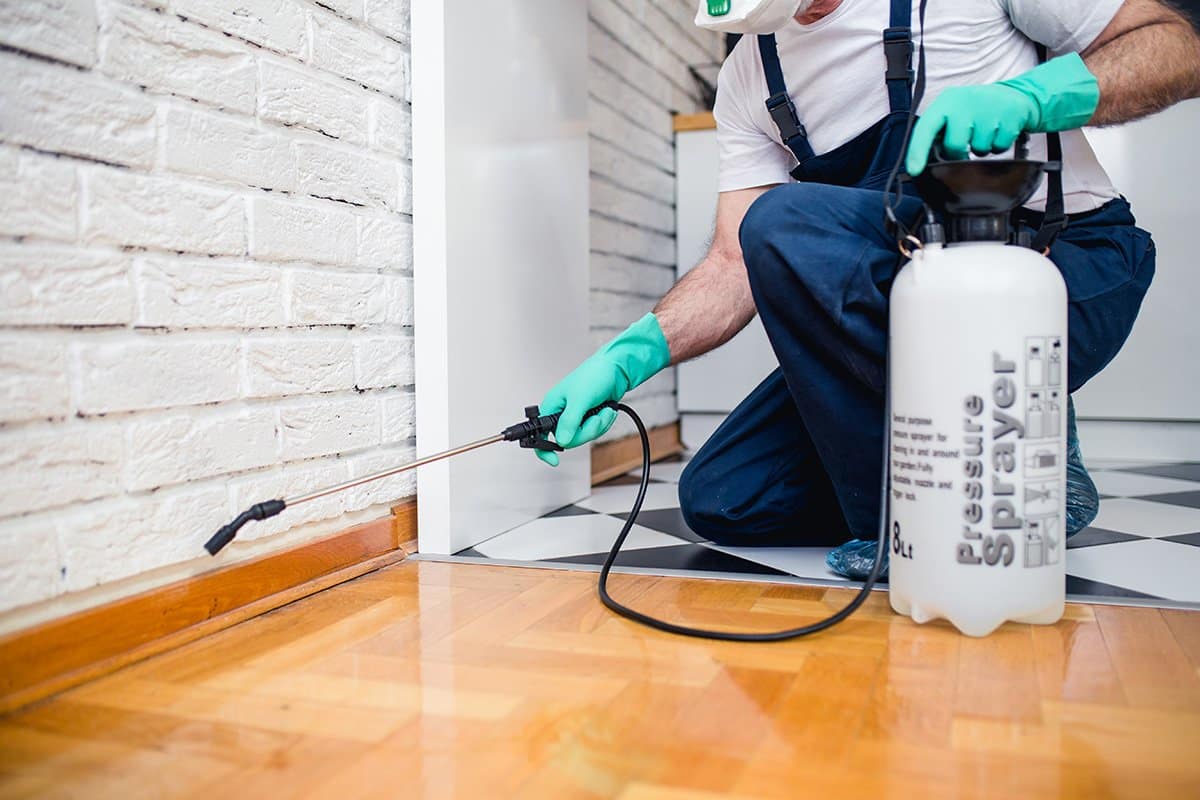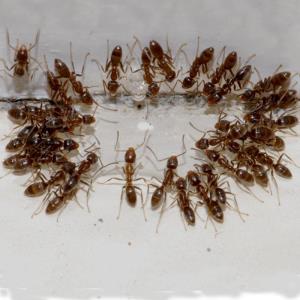Ecological Impact of Bug Control: Balancing Efficiency With Sustainability
The environmental influence of insect control is a crucial problem that calls for a delicate balance in between achieving performance in managing parasites and making certain sustainability of our ecosystems. From the use of dangerous chemicals that permeate right into our dirt and water to the unintentional repercussions on non-target species, the repercussions of conventional insect control practices are far-ranging.
Dangerous Chemicals in Insect Control
The application of dangerous chemicals in bug control positions considerable ecological and health and wellness dangers that necessitate mindful factor to consider and mitigation approaches. Herbicides, insecticides, and pesticides are generally used to remove insects, but their widespread application can lead to unintended effects. These chemicals can infect soil, water sources, and the air, affecting not just the targeted bugs however also useful bugs, wildlife, and humans.

To attend to these threats, incorporated parasite monitoring (IPM) methods are being promoted as a much more sustainable alternative. IPM entails a mix of approaches such as organic control, environment manipulation, and the targeted use of pesticides as a last option (ant control kingsmountain nc). By embracing a holistic strategy to pest control, we can decrease the ecological and health effects associated with hazardous chemicals while efficiently taking care of pest populaces
Effect On Non-Target Species
Taking into consideration the unplanned repercussions of insect control techniques, the impact on non-target types is an essential facet that calls for detailed evaluation. While bug control steps intend to target particular pests, various other organisms in the ecosystem might be unintentionally affected. Non-target types, including beneficial pests, birds, mammals, and also plants, can experience indirect or straight harm from pesticide applications or organic control methods.
Chemicals can have dangerous or sub-lethal results on non-target varieties. As an example, insecticides created to deal with a certain bug bug may harm pollinators like or natural predators such as ladybugs. In addition, chemical residues can build up in the setting, influencing non-target organisms gradually. In a similar way, biological control representatives, otherwise species-specific, can position dangers to unintentional targets, interfering with the ecological equilibrium.
To minimize the influence on non-target varieties, integrated insect monitoring (IPM) techniques that highlight a holistic approach to pest control are recommended. These approaches focus on using eco-friendly techniques, minimizing injury to advantageous microorganisms while successfully managing pest populations. Carrying out complete threat analyses and keeping track of the outcomes of parasite control initiatives are necessary steps in securing non-target types and promoting general ecosystem wellness.
Soil and Water Contamination
Unplanned environmental consequences of bug control approaches prolong beyond influencing non-target varieties, with substantial effects for soil and water contamination. Pesticides, herbicides, and chemical plant foods made use of in bug control can leach right into the dirt and contaminate groundwater, presenting a hazard to both earthbound and water ecological communities. Dirt contamination can disrupt the equilibrium of microorganisms essential for vitamins and mineral cycling and plant growth, causing decreased dirt fertility and productivity. Additionally, these chemicals can continue the setting for extended durations, building up in the dirt and potentially entering the food web.
Water contamination is one more important issue related to bug control practices. Overflow from agricultural areas treated with chemicals can lug these chemicals right into neighboring water bodies, affecting water microorganisms and water quality. Pollutants in water resources can have significant repercussions, impacting not only marine life but additionally human health via the usage of infected water or aquatic organisms. To minimize dirt and water contamination from pest control activities, incorporated parasite monitoring techniques that focus on sustainability and minimize chemical inputs are vital.
Air Pollution From Chemical Use
Direct exposure to air-borne pesticides throughout agricultural applications postures a substantial worry for air pollution control procedures. Furthermore, pesticide drift, where chemicals are carried by the wind to unintended locations, can lead to the contamination of close-by ecosystems and water bodies.

Techniques for Lasting Bug Control
In the world of agricultural techniques, carrying out lasting bug control methods is paramount for keeping environmental balance and protecting plant returns. Lasting pest control highlights the use of eco-friendly approaches to handle bug populaces efficiently while lessening injury to non-target organisms and ecological communities. Integrated Parasite Management (IPM) is a commonly taken on method that combines organic, social, physical, and chemical control methods to attain long-term insect monitoring solutions.
Plant turning and diversification are also effective techniques to interrupt pest life cycles and develop much less desirable conditions for parasites to thrive. Ultimately, by integrating these sustainable insect control techniques, farmers can achieve a balance between pest administration performance and environmental stewardship.
Conclusion
Finally, the environmental impact of insect control approaches have to be very carefully taken into consideration to stabilize efficiency with sustainability. Damaging chemicals used in parasite control can cause soil and water contamination, air contamination, and damage non-target varieties - termite control services. It is crucial to execute lasting bug control strategies to reduce these unfavorable effects on the environment and promote a much healthier ecosystem for future generations
By embracing a holistic technique to pest control, we can lessen the environmental and health and wellness effects linked with damaging chemicals while effectively handling pest populaces.

To reduce the air pollution triggered by pesticide use, it is address crucial to embrace incorporated insect management strategies that focus on the use of non-chemical insect control methods, such as plant rotation, natural predators, and immune crop varieties. Sustainable parasite control highlights the usage of ecologically pleasant approaches to take care of bug populaces efficiently while minimizing injury to non-target microorganisms and ecosystems. Integrated Bug Management (IPM) is a widely taken on method that incorporates organic, cultural, physical, and chemical control techniques to attain long-lasting pest management remedies.